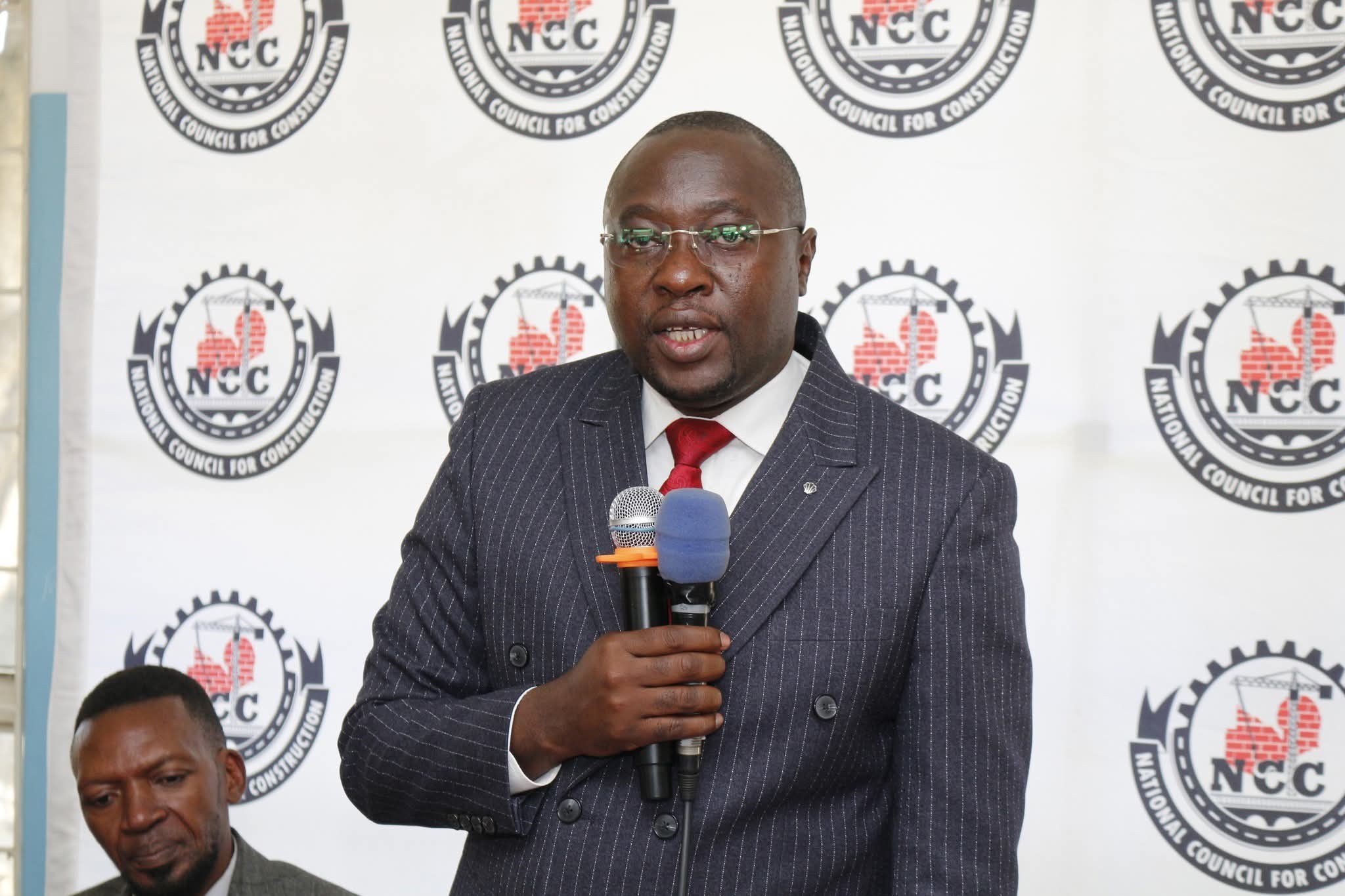
By Jeff Kapembwa
Zambia has lost about K400 million in construction downtime in the past decade, prompting authorities to review the training curriculum to induce expertise for durable and climate change-friendly-infrastructure development.
Zambia, like many other Least Developed Countries is embroiled in a climate change induced environment which is affected the longevity of much of its infrastructure.
The roads, bridges, houses, among other amenities have been affected by the adverse effects of climate change.
Zambia is being forced to lobby for resources from international partners to upgrade capacity and insulate affected infrastructure from extreme rainfall and heatwaves, among other headwinds.
Estimates show that the African continent needs about US$170 billion per year to insulate and address its infrastructure gap and ultimately build climate resilience in energy, water, and transport, among other sectors, where Zambia is also affected hence the need to train people to help strengthen resilience.
Vernon Ngulube, the Chief Executive Officer at the National Roads Fund Agency, regrets the avoidable costs caused by contractors and other assigned groups during construction of roads, bridges, houses and other infrastructure projects and calls for prudent resource management.
“We have lost about K400 million in the last 10 years because of various shortcomings that arise during construction, some resulting in restarting of projects altogether, but the downtime incurred can be avoidable with expert labor being assigned,” he said.
Speaking on the sidelines of the Launch of the Diploma in Highway Engineering and Diploma in Building Construction Works Monitoring and Management courses in Lusaka, initiated by the National Council for Construction (NCC) Eng. Eng. Ngulube lauded the initiative as it may help cut down lost time and resources.
It is further envisaged to promote broader infrastructure development, especially in rural areas.
“The idea is very good and cost effective, and this type of skills development is a step in the right direction, and we hope we can cut down the infrastructure deficit when they are trained,”. Eng. Ngulube said
The two-diploma programmes which commenced on 11 August this year, and approved by the Technical Education, Vocational and Entrepreneurship Training Authority (TEVETA) are offered through the Moodle eLearning platform. It has a mandatory one-month practical session to entrench theoretical appreciation.
Acting Permanent Secretary at the ministry of infrastructure, Dennis Simpwizi, described the programme a game changer for Zambia’s infrastructure development agenda and a milestone in meeting international accepted standards.
The success of the programme, if well nurtured, has potential to promote the country’s desire to attain workforce development in the construction sector, which has lacked supervisory skills to appreciate quality control, assurance, good workmanship and ‘all-round-general building technocrats.
He commended the more than 30 trainees to study hard for their cohort program and ensure their competences are realized and benefit the country, being the first of the kind, a significant step in redressing the skills gap in Zambia’s construction sector while promoting infrastructure development in the country.
NCC Chief executive officer Paul Makasa justified the launch of the two-three-year-diploma programmes is to develop hands-on experts for Roads and Buildings works.
The vision is as espoused under NCC, the statutory body mandated under the NCC Act No. 10 of 2020.
The programme is to build technical capacity, drive innovation and position Zambia as a leader in infrastructure excellence.
Eng. Ngenda Sipalo, the NCC board chairperson, said the launch of the inaugural diploma programmes is to nurture hands-on experts for Roads and Buildings works is the ultimate for the institution seeking to change the landscape for the country’s construction sector.
“we are also here to build technical capacity, drive innovation and position Zambia as a leader in infrastructure excellence:”
